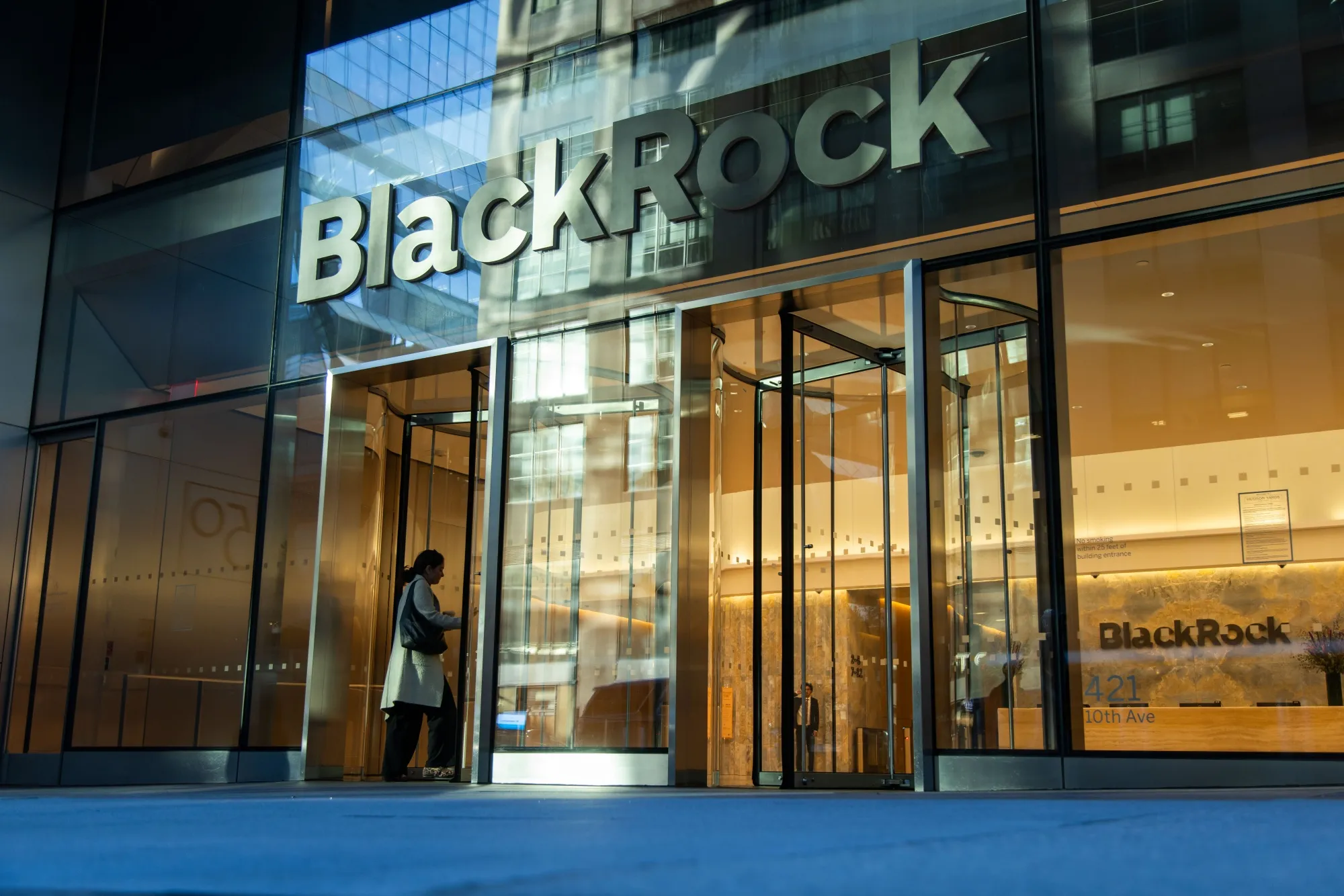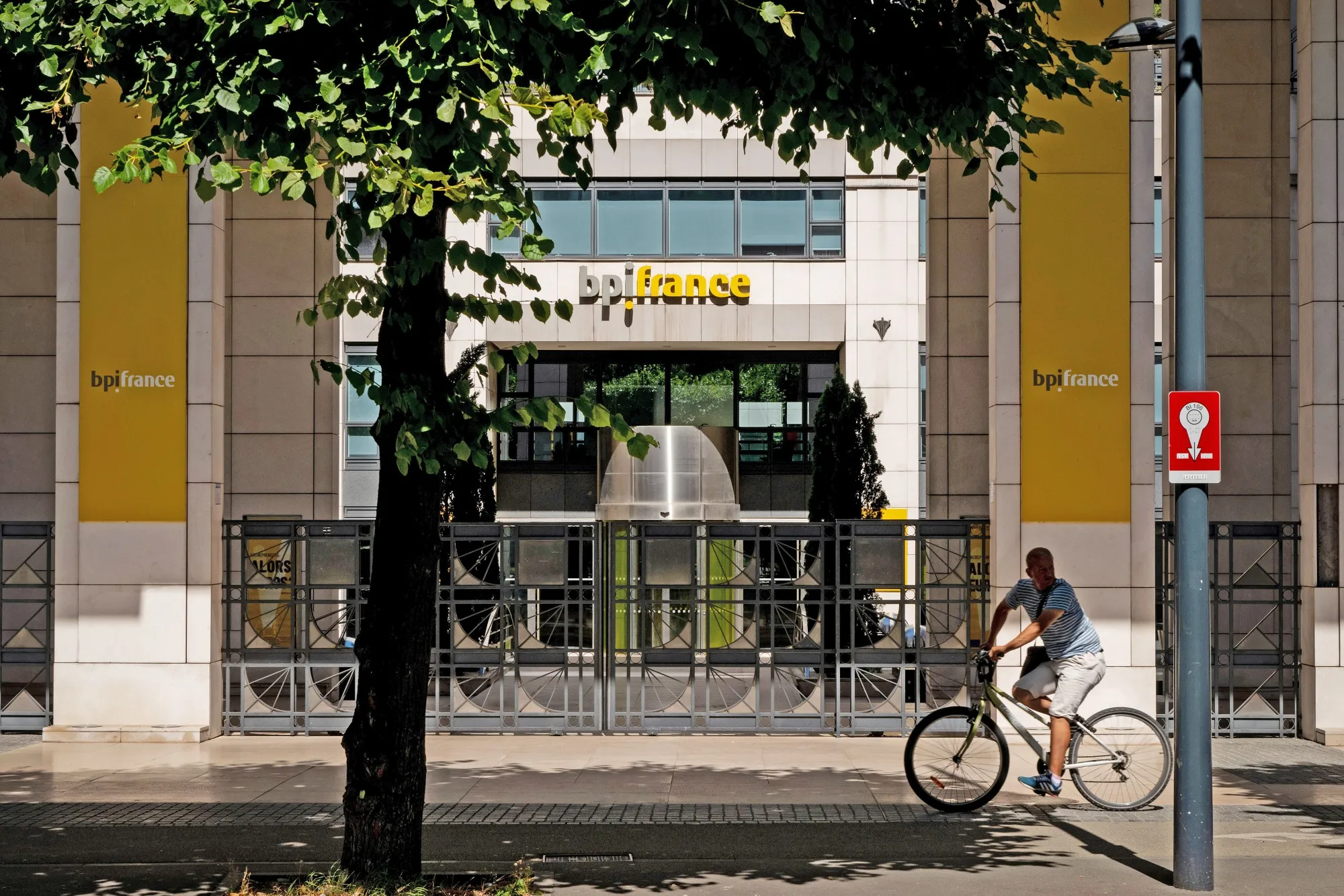Just one major startup ecosystem in Europe saw startups raise more money in 2022 than in 2021 — France. And the French government very much wants to keep things that way.
Over the past few months, the government and its startup agency La French Tech Mission have launched programmes to promote agritech, healthtech and climate tech startups. The state bank Bpifrance is pumping another €500m into deeptech startups. The government is also looking into further financial reforms that would boost entrepreneurship and investment.
With the cherished unicorn count (ranging from 28 to 36 depending on whose tally you believe) at risk of slowing, the government has set new goals backed by reforms to see 10 unicorns go public by 2025 on the Paris Stock Exchange. It’s still in the process of deploying €1bn to create 37k cybersecurity jobs and three security unicorns by 2025. And underlying all of this is a sprawling €54bn plan dubbed France 2030 to accelerate technologies that help with environmental transitions while supporting emerging technologies like hydrogen power and spacetech.
Phew.
It’s a frenzy of government activity unmatched in any other European startup ecosystem, designed to kick the nation’s startup machine into an even higher gear. As other regions play defence, France is betting on innovation and entrepreneurship to be the cornerstone of its future economy and job creation rather than worrying about bailing out its current generation of startups.
“I am convinced of the solidity of our ecosystem,” says French digital minister Jean-Noël Barrot. “Our entrepreneurs have shown resilience in previous crises… They have the experience to be able to iterate quickly and adapt.”
La Boom Town
Over the past decade, since the creation of La French Tech initiative, the French government has been one of the most interventionist in Europe in terms of injecting capital into startups and developing a wide range of strategies to catalyse its innovation economy.
It’s paid big dividends. The amount of funding and the number of startups created in France has soared and placed the nation in Europe’s top tier of ecosystems.
According to Dealroom, French startups raised $14.6bn in 2022, up from $13.5bn in 2021. That made France the only major European ecosystem to see a funding increase last year, as the UK and Germany saw sharp drops of more than 20% while US fundraising fell more than 30%.
President Emmanuel Macron had once set a wildly ambitious goal of creating 25 unicorns in France by 2025, but the nation raced past that number last year — three years ahead of schedule.
And yet, the high fives are somewhat muted because those 2022 figures were juiced by a string of megarounds announced in January 2022 — for companies like Exotec, PayFit, Ankorstore, Qonto, and Back Market — most of which were likely closed in 2021 before global economies began to tank.
In the second half of 2022, French startups raised only $4.5bn, down from $7.1bn during the same period in 2021. As was the case across the globe, non-traditional investors such as PE firms that had flooded startups with massive amounts of late-stage cash in recent years suddenly dried up.
And yet, there are plenty of reasons to believe that the economic blow will not fall as hard on French startups as it has elsewhere.
In the mid-term, there is no reason not to be enthusiastic about the French ecosystem
In a recent State of the French Tech Ecosystem report, Eurazeo investor Alexandre Dewez noted that only a handful of prominent French scaleups have announced large layoffs in recent months. French VC firms raised €4.3bn in 2022, just a hair less than the €4.4bn closed in 2021, meaning they still have lots of dry powder to invest. And investments at the seed and Series A stages remain highly competitive, according to Dewez.
“In the mid-term, there is no reason not to be enthusiastic about the French ecosystem,” he wrote.
Roxanne Varza, director of Parisian startup campus Station F, echoes this optimism. Companies connected to the campus raised nearly €1bn in 2022 — about double the previous year.
“Many are expecting the economy to bounce back in the second semester,” Varza says. “Early stage was pretty well protected (Station F numbers were pretty consistent) throughout the year. Regardless, I think the ecosystem has been quite resistant and if H2 is strong, I think the negative impact will be quite limited.”
Bpifrance cushions the blow
Perhaps most critical to this soft landing, according to Dewez, is the massive role that state bank Bpifrance continues to play in the French startup economy.
Bpifrance oversees investment assets of €44.5bn that it directly invests in startups through a range of its own funds, while also investing in VC firms through a €13.5bn fund of funds. According to Dewez’s research, Bpifrance directly participated in 107 funding rounds — about 16% of the total deals in France and representing about 25% of all money raised in 2022.
The percentage of both direct and indirect funding for French startups that comes from Bpifrance has, however, been steadily falling as French startups attract more international investors; one of the organisation’s major goals.
As such, Bpifrance has been turning its attention to programmes like its €2bn deeptech initiative to encourage science and research-based startups that create products based on breakthrough discoveries. The bank has also been working to reform tech transfer rules while encouraging more universities to support faculty members who want to become entrepreneurs.
According to Bpifrance’s statistics, France produced 250 deeptech startups in 2021, up from 150 in 2019. Last October, a new programme called French Tech DeepNum20 debuted; a select group of 20 deeptech startups will receive bespoke support from La French Tech to help them navigate French bureaucracy, attract talent and expand into international markets.
The 20 companies were selected based on their potential in areas such as spacetech, AI, robotics, security and semiconductors. One of the laureates, quantum computing startup PASQAL, just raised a €100m round of funding that included money from Bpifrance.
Despite the crisis, or perhaps even because of the crisis, we must prepare for the future and continue to invest
Earlier this year, Bpifrance announced another €500m in funding with a goal of creating 500 deeptech startups annually. Paul-François Fournier, senior executive vice president for Bpifrance Innovation, says such investments by the state remain critical for research-based startups that will require a longer horizon to develop products, find a market and become financially sustainable.
“This is a long-term effort to encourage a new ecosystem of startups that is even more tech-focused,” he says. “Despite the crisis, or perhaps even because of the crisis, we must prepare for the future and continue to invest.”
Big future bets on French tech
That desire to seize the future, rather than stage a retreat in the face of economic headwinds, seems to be the prevailing spirit in France.
With the startup fundraising gap in 2022 closer than ever between France and the UK — the longtime European leader — the French government wants to capitalise on its momentum to establish a leadership position in the critical emerging tech markets of tomorrow.
The French Tech DeepNum20 is just one of a dizzying array of programmes supported by the generous France 2030 framework. French Tech Green20 began in 2021. Last July came the first French Tech AGRI20 of agritech startups. In November, the nomination process began for the new French Tech Health20.
And two weeks ago, Barrot reiterated the government's support for a five-year plan to accelerate France’s esports industry with bigger tournaments, including an Olympic Esports Week in 2024.
This is a long-term effort to encourage a new ecosystem of startups that is even more tech-focused
La French Tech director Clara Chappaz also emphasised that this flurry of action was part of a long-term strategy rather than a reaction to the funding downturn. French entrepreneurs still have a lot of money in the bank from those big funding rounds, she says; they have sufficient runway to find a path to profitability.
Her team is facilitating forums where entrepreneurs and investors can share lessons and advice and find mutual support. One such discussion focused on how to finance factories and industrial processes, while another focused on M&A. Chappaz says startups with financing believe they can use this moment and the drop in valuations to their advantage by consolidating their markets to expand.
“We're staying very close to the entrepreneurs to understand firsthand how the situation is evolving,” she says. “How can we help them navigate this situation? We're supporting them in a way that enables them to learn from each other.”
Still, Macron remains relentless in his pursuit of turning France into a Startup Nation. To that end, his prime minister recently appointed Paul Midy, an entrepreneur who was elected to the National Assembly last year, to identify further reforms that could boost startup funding in France.
Midy says he has just begun the process of interviewing founders, investors and other economic experts to identify roadblocks and generate ideas. That task will also include a public online consultation as well as studying strategies adopted by other governments.
For instance, Midy and others cited the UK’s Seed Enterprise Investment Scheme (SEIS) as a model they would like to see France emulate to encourage more individuals to participate in startup investment.
The goal is to present these plans in time for the next budget, which is typically submitted in September, including ways to offset any incentives that might reduce taxes. Midy says that even though French startups have made huge strides over the past decade, more can and should be done to support a sector that remains a crucial job creation engine for the economy.
“The fundraising dynamic is in the process of changing,” Midy says. “That's an additional reason to find the tools to support investment in startups and to keep up the momentum. Because the most effective way to create jobs, real jobs, is to help young, innovative companies to be created and to develop.”



